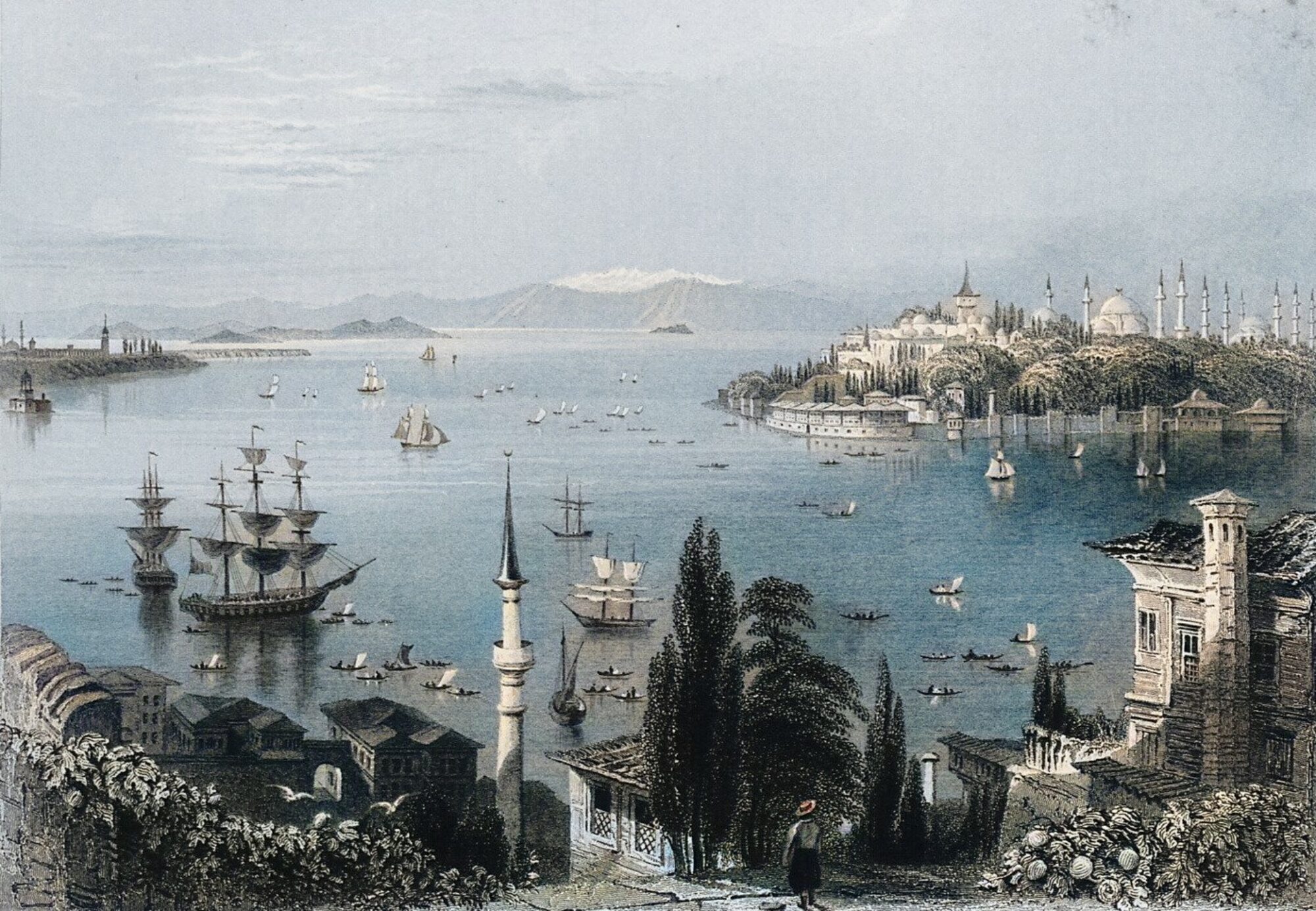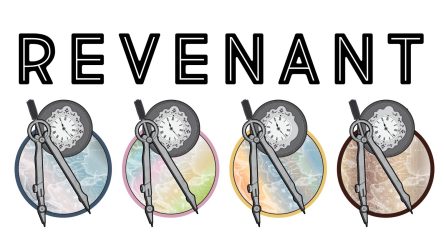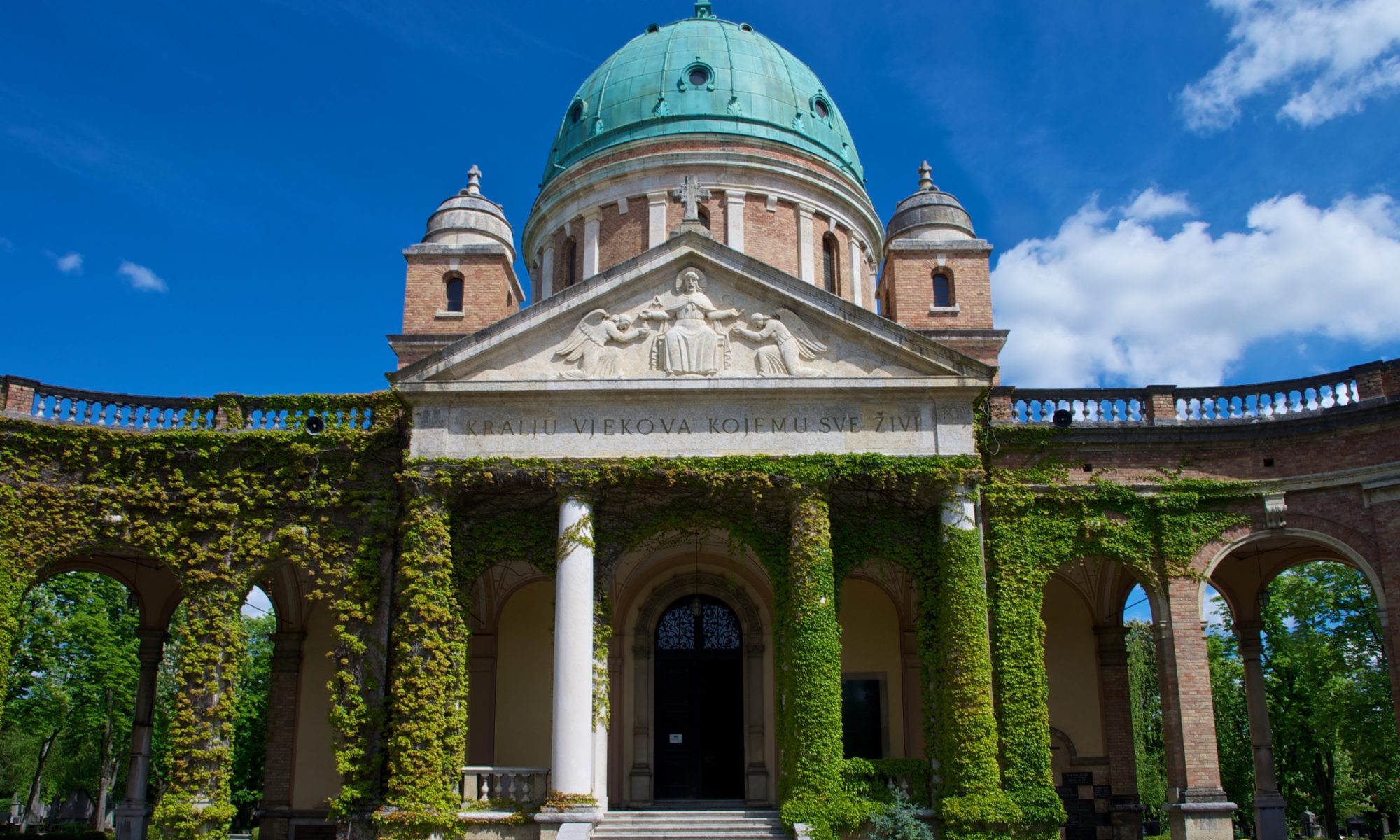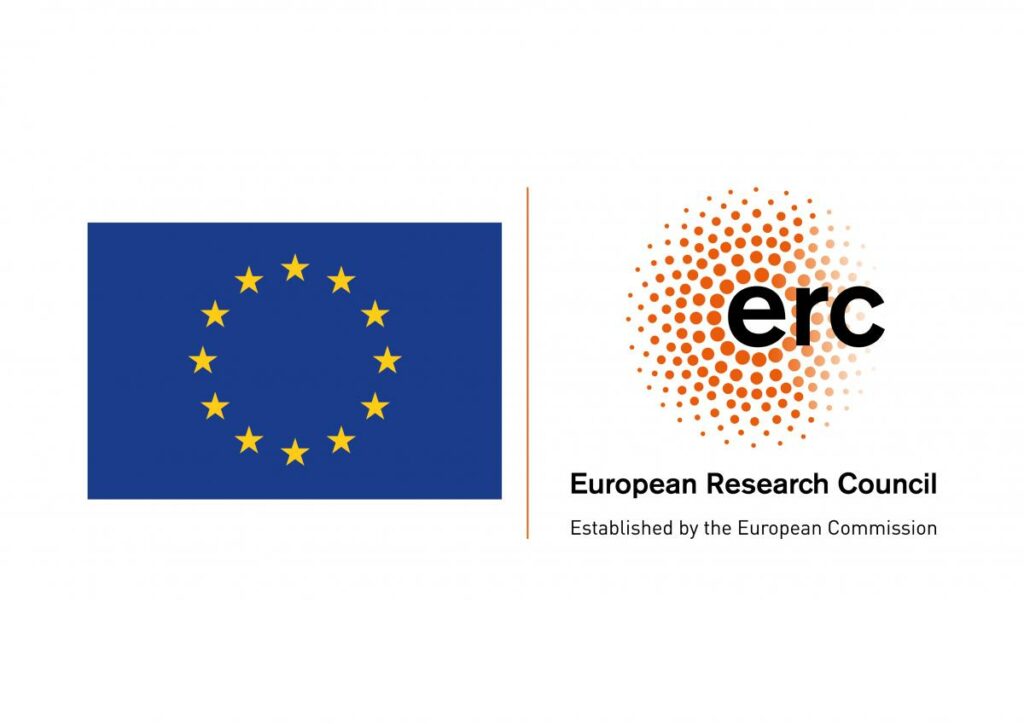REVENANT: Toward an Inter-Imperial Perspective on Post-Imperial Heritage
An introductory presentation to the Project REVENANT, by Jeremy F. Walton:
This presentation functions as an introduction for the European Research Council Consolidator Grant project “REVENANT—Revivals of Empire: Nostalgia, Amnesia, Tribulation”, based at the Cultural Studies Department of the University of Rijeka.
Above all, REVENANT will grapple with the complex, overlapping post-imperial memories and legacies of the Habsburg, Ottoman and Romanov Empires. With reference to the concept of “inter-imperiality”, I examine how inter-imperial collective memories achieve articulation through ensembles of persons, places and things. My threefold heuristic of persons, places, and things determines three secondary questions. First, how and why do certain historical personages galvanize collective memories of empires? Secondly, how do specific places become sites of post-imperial memory? Thirdly, how are bygone empires embodied through a variety of objects and material culture? To illustrate the sort of analysis that my overarching research envisions, I briefly examine the inter-imperial historicity of collective memories of one specific person, Count Nikola Šubić Zrinski; one specific site, Istanbul’s Sveti Stefan Church (known colloquially as “the Iron Church”); and one thing, (Turkish) coffee.
Dr. Jeremy F. Walton, the principal investigator for REVENANT, is a cultural anthropologist (PhD, University of Chicago, 2009) whose research resides at the intersection of memory studies, urban studies, the comparative study of empires and imperialism, and critical perspectives on materiality.
Watch the presentation on Youtube: https://www.youtube.com/watch?v=Lx88ilvnkj8
European Commision – CORDIS EU Research results page:
https://cordis.europa.eu/project/id/101002908
CRORIS Research page:
https://www.croris.hr/projekti/projekt/7925?lang=en
This project has received funding from the European Research Council (ERC) under the European Union’s Horizon 2020 research and innovation programme (Grant agreement No. #101002908).



